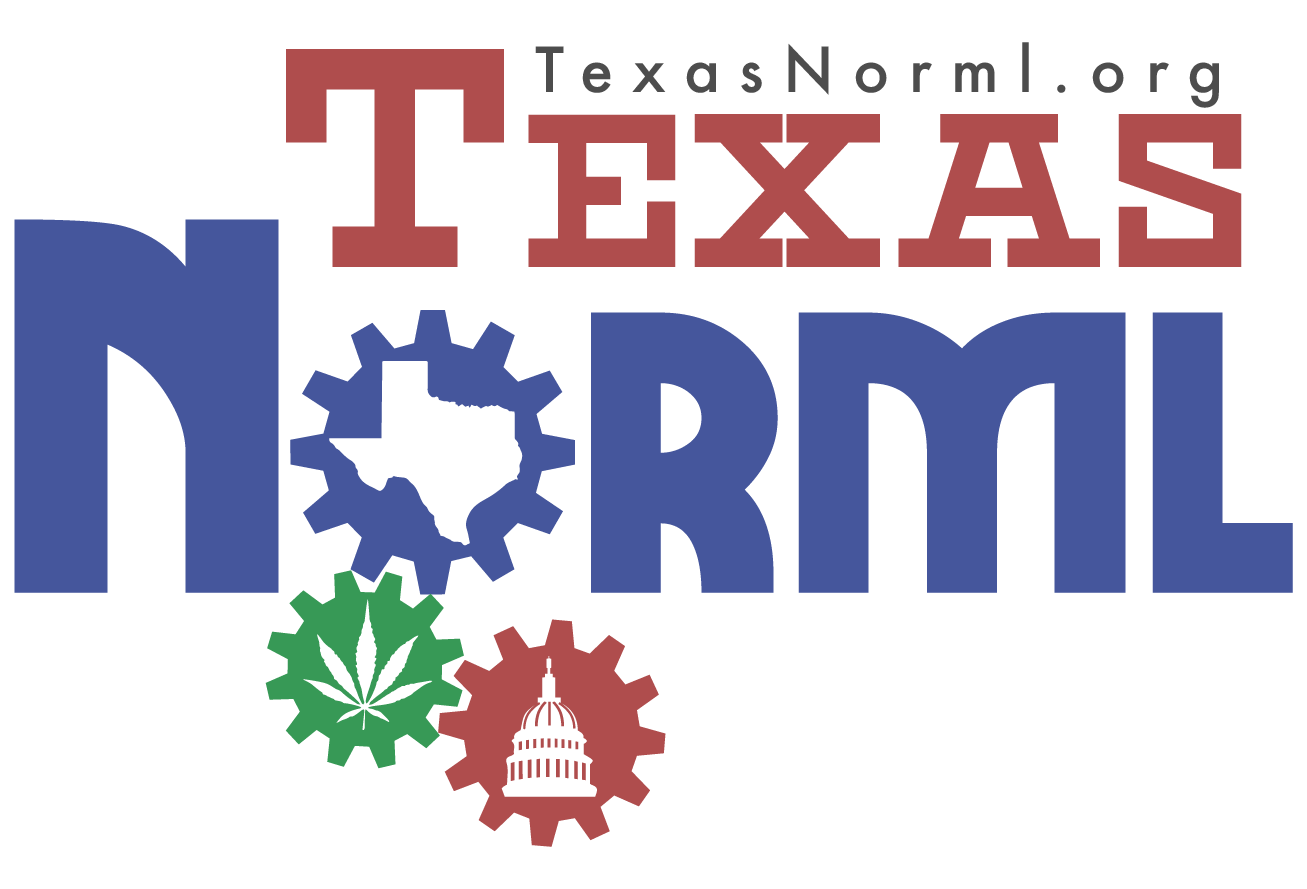*Texas NORML note: State Representative, Marisa Marquez, District 77, was not mentioned in the article, but was photographed in attendance at the press conference event. Please take a moment to thank her for her show of support, and ask for her support on marijuana issues in the upcoming legislative session, here: http://www.house.state.tx.us/members/dist77/marquez.php*
By Marty Schladen El Paso Times: mschladen@elpasotimes.com
EL PASO — A group that includes two El Paso City Council members today is asking the federal government to legalize marijuana. The event is timed in anticipation of a state visit to Washington, D.C., Wednesday by Mexican President Felipe Calderón.
El Paso city Reps. Beto O’Rourke and Susie Byrd are helping to organize the event, at 1 p.m. at the base of the Paso del Norte Bridge, which connects El Paso to Juárez. Oscar Martinez, a Juárez native and history professor at the University of Arizona, will speak.
The Obama administration is about to unveil an initiative to reduce the demand for illegal drugs in the United States. It will include more money for drug treatment.
But O’Rourke also wants Obama to lead an effort to legalize, regulate and tax marijuana.
U.S. residents spend $8 billion to $9 billion a year on marijuana from Mexico, O’Rourke said. That money helps fuel a drug war that has taken more than 5,000 lives in Juárez since the start of 2008, O’Rourke said.
“You have the deadliest city in the world on one side of the bridge and the second-safest city in the U.S. on the other,” O’Rourke said.
O’Rourke has twice pushed City Council resolutions calling on the U.S. government to reconsider its drug policy. If they had been OK’d, they would have been only symbolic measures.
Commentary: Quelling drug violence means policy changes
We express profound anguish regarding the absence of public safety, the near-complete breakdown of the rule of law, and the humanitarian catastrophe in our neighboring city of Ciudad Juárez.
The terror that now confronts the residents of Juárez, most of it a consequence of the climate of lawlessness created by drug trafficking, is endangering the future peace and prosperity of our interdependent binational region. Since 2006, the level of violence has been unprecedented, and Ju rez has become the deadliest city in the world.
Over 1,600 people were killed in Juárez in 2008, nearly 2,700 in 2009, and 2010 is on track to equal or exceed previous records.
Criminals acting with impunity have savagely raped, tortured, and executed hundreds of young women, disposing of their mutilated bodies in the desert surrounding Juárez.
In 2009, there were 16,000 car thefts, of which 1,900 were classified as carjackings. In addition, disappearances, kidnappings, extortions, arsons, and assaults have become a daily occurrence.
The uncontrolled violence has devastated the economy of Juárez and seriously disrupted daily life. The dangerous climate has contributed in a significant way to diminishing productivity, to the closure of over 11,000 businesses, and to massive unemployment.Between 100,000 and 200,000 people have abandoned the city, with over 116,000 homes left vacant and many vandalized. At least 30,000 refugees have moved to El Paso It is well-documented that much of the Juárez violence is fueled by the various drug wars — those between cartels, those within cartels, and those between cartels and the governments of the U.S. and Mexico — wars that take the lives of members of drug-trafficking organizations and those innocent of any involvement. This disastrous state of affairs must stop.
We can no longer afford to deny the overwhelming role that U.S. consumption of drugs plays in fueling the violence in Juárez and elsewhere in Mexico, or ignore that illicit cash and arms flows from the United States into Mexico play a direct and powerful role in sustaining the cartels and in fomenting the massive killing of people in our neighboring Mexican city.
It is time to recognize that the U.S.’s 40-year War on Drugs has been a dismal social, economic and policy failure. Narco-related violence along the U.S.-Mexico border and elsewhere has raged for decades with no end in sight.
That is why many leaders, including ex-U.S. Secretary of State George Schultz, U.S. Nobel Prize-winning economist Milton Friedman, ex-presidents of Mexico Vicente Fox and Ernesto Zedillo, ex-president of Colombia César Gaviria, and ex-president of Brazil Fernando Enrique Cardoso have called for a comprehensive revamping of the ineffective, costly, and alarmingly destructive War on Drugs waged by the United States and other countries.
¥We need a well-funded and aggressive U.S. national educational campaign that encourages people to refrain from the use of illegal drugs.
¥We need U.S. drug policy initiatives that do not result in wasting government funds and wind up empowering criminal gangs and trafficking organizations.
¥We need to repeal the ineffective U.S. marijuana drug laws in favor of regulating, controlling and taxing the production, distribution, sale and consumption of marijuana by adults. The sale of marijuana in the U.S. black market contributes 50-70 percent of Mexico’s cartel revenues.
There has never been a greater need for border people to work together for peace. Please join us in calling on President Obama and Congressman Reyes to reform our drug policies to help quell the violence in Juárez.
Oscar J. Martinez, Ph.D., is Regents’ Professor, History Department, University of Arizona, Tucson; Kathy Staudt, Ph.D., is Professor of Political Science and a member of the doctoral faculty for the EdD. at UTEP; Susie Byrd, Beto O’Rourke and Steve Ortega are members of the El Paso City Council.


